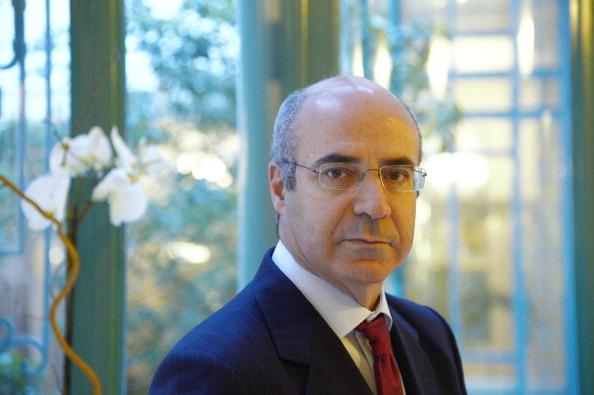In the explosive press conference between President Donald Trump and Russian President Vladimir Putin, perhaps the most surprising bomb dropped was by Putin, when he accused William Browder and his associates of donating $400 million to Hillary Clinton’s campaign.
Even before Putin bolstered Browder’s fame, he had been a darling of the American media and a frequent guest on various outlets including MSNBC, CNBC, and Fox News, where he gets introduced in glowing terms such as a “legendary investor” and “Putin enemy No. 1,” with implications that he’s a heroic figure.





